Post Competition Protocol
Author:
Unlock your full potential by engaging with our experts and community! Have questions about your fitness journey or looking for expert advice on weightlifting techniques? Don’t hesitate — leave a comment below and Oleksiy Torokhtiy will provide a personalized answer and insights to help you reach your goals.
Torokhtiy is reader-supported. Some links are affiliate links, and we may earn a commission at no extra cost to you. See our disclosure page for details.
Competitions are a final stage of preparation, the evaluation of its efficiency and an important stage in the establishment of sporting excellence for every athlete. Trust me on this – all athletes, regardless of their level, feel worried and stressed before and during the competitions. Time and experience will certainly help to develop the adaptation to the competitive loads and it becomes more clear and easier to act on the platform.
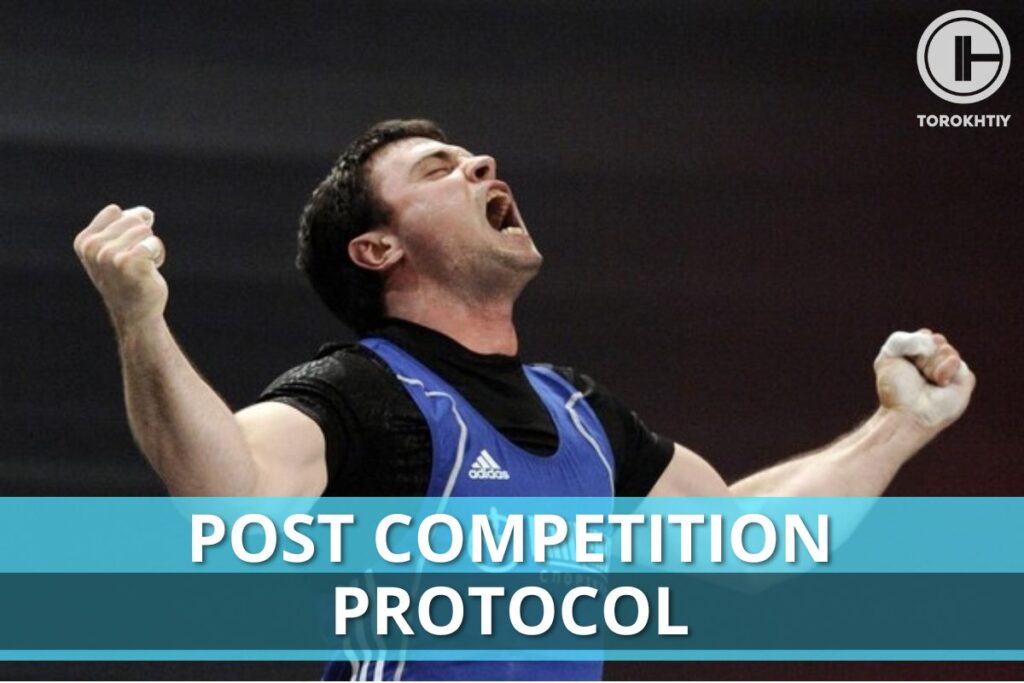
But how to act right when the competitions have already passed? It may be a rather difficult and unexpected question even for experienced athletes and coaches. Mostly you will hear something like “Well, just rest… isn’t it obvious?”
Despite we’ve already partially addressed the topics about competitions and transition period, today we will try to get into the depth of the post-competition period: how and why the approaches to its arrangements must differ and define the key things that coach and the athlete must pay attention to for maximizing the efficiency of the training process.
After the competitions I often see athletes that are completely hollowed and emotionally burnt out. They enter the gym with no idea about how to rightly build their further training program.
You may like it:
- Detailed Olympic Weightlifting Program For Beginners
- 12-Week Weightlifting Program For Women (Detailed Example)
- Create Your Olympic Weightlifting Program (Examples Included)
First, I must mention that the goals and competitions also may differ one from another, there are debut, preparative and main competitions.
Debut Competitions – the remarkable and memorable event in every athlete’s life. Most weightlifters bear the moment they entered the competition platform for the first time through all their lives. Coaches, being aware of the athlete’s worries, are not inclined to start the performance with max weights. Leaving a pleasant and correct imprint in the athlete’s mind is one of the most crucial goals of debut competitions.
I was not so lucky, though, as in my first competition I completely failed in the snatch. And that may be the root of this panic feeling I got each time I started my performance during my professional career: “will I snatch it or not”. Unwise planning of the first attempts may be very destructive upon the athlete’s fighting spirit and confidence, that is what I can surely claim.
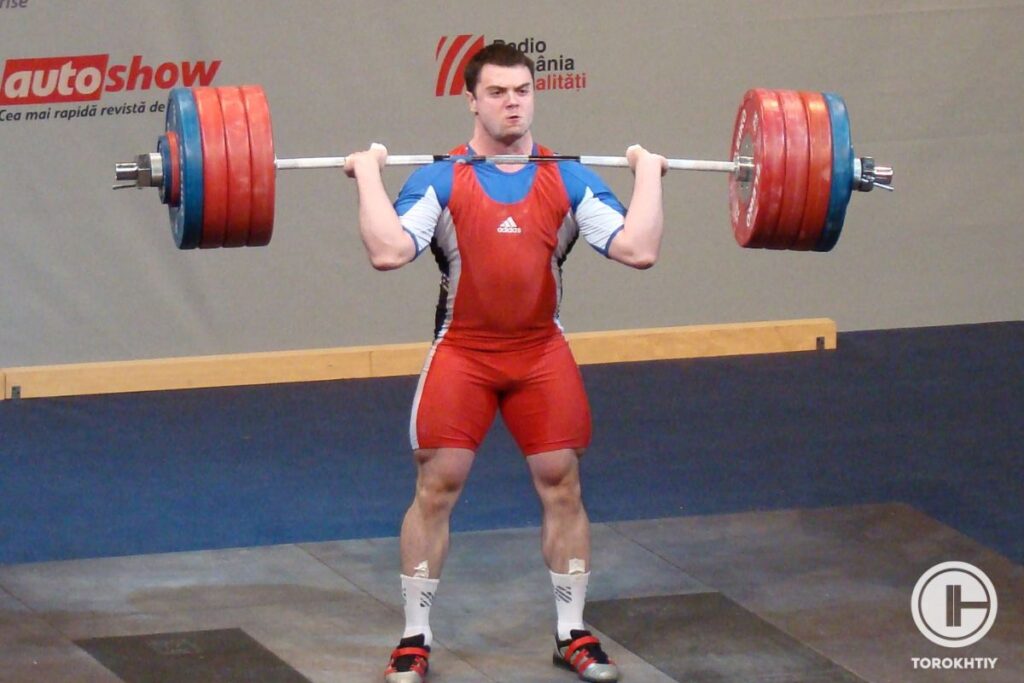
The athlete should not fear the first attempts, he must be EAGER to perform all three in snatch and clean & jerk. Usually athletes don’t experience any reduction in their physical condition after debut competitions. They are ready to resume the full-fledged intensive training process straight on the following day. But nonetheless some predictable motivation loss may occur.
And that’s why performing max out without focusing on strict technique in strength exercises like squats, deadlift or push press in the week following the performance is a common practice for novice weightlifters. New personal records in these exercises are good stimuli and the defined improvements horizon for every novice.
Follow us!
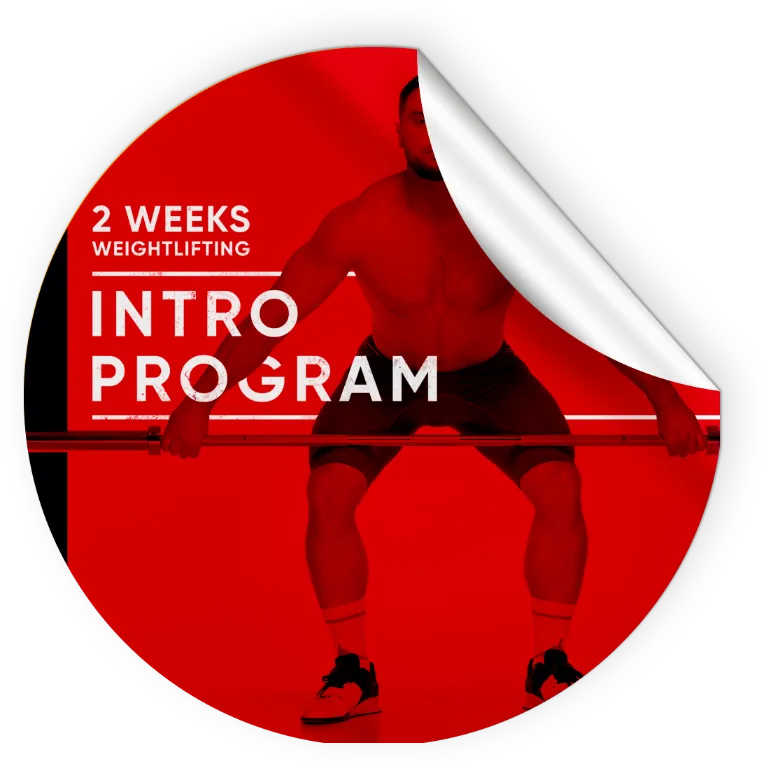
Free!
Get a 2-week Weightlifting Program as a bonus for the subscription to kickstart your training plan!

Free!
After this the training program may be changed for a week: by the exclusion of traditional weightlifting exercises as well as adding some cardio workouts, dumbbell and exercise bike activities. Thus we will make the athlete miss the barbell and torch his motivation for a new training cycle upcoming in several weeks. The relevance of recreational and leisure activities during this period is also on a rather high level.
Swimming, outdoor games or simple walks grant psychological recovery and rest from the monotonous routine of constant workouts. This time will also help to rethink the conclusions and to shape the comprehension of the things that happened on the debut performance. What was right and what was wrong. This will definitely help the athlete during his preparation for the next competitions.
Preparative Competitions – are the stage of preparation for main competitions, when the athlete may perform not at his maximum capacity or without tapering. Such performances usually have no significant impact on the neuromuscular system of the athlete. It means that the training process he was into can be resumed the next day.
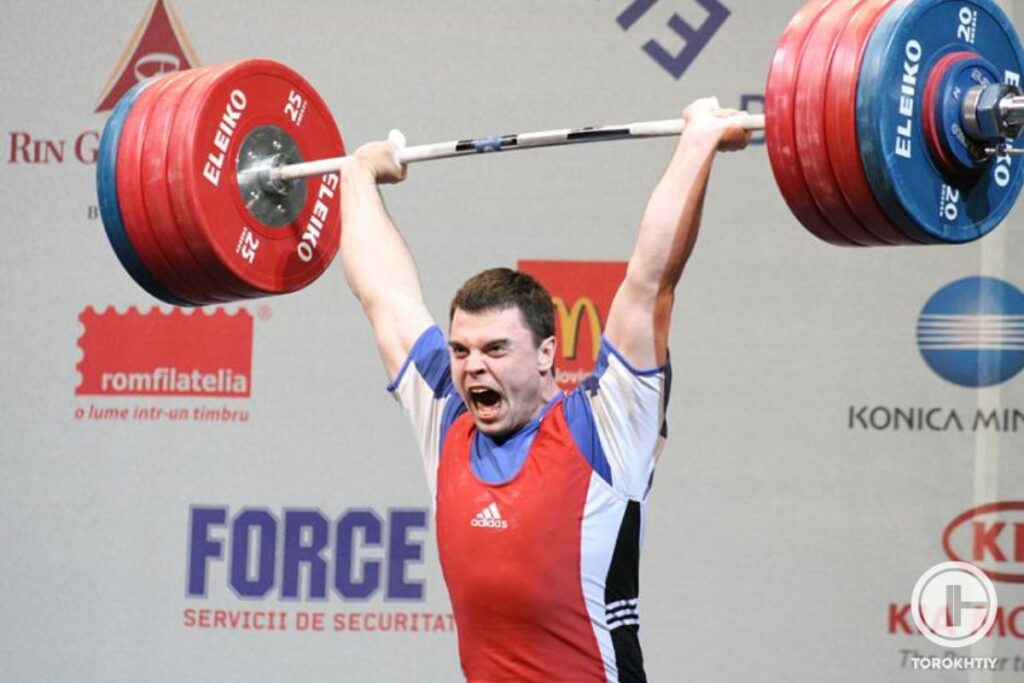
Planning preparative competitions many coaches adapt the preceding week for an athlete to perform amid the fatigue or to show the proper technique on a real platform.
I think that the importance of such competitions is rather high. Competition practice is crucial for any beginner athlete. After the first entry year of training he must perform as much as possible, every 3-5 weeks preferable. Psychological adaptation to the competition environment (platform, spectators, atmosphere) also plays a key role.
It is quite obvious that there is nothing good in squeezing the maximum of athlete’s possibilities at every competition. New results on each competition are hardly achievable, on the contrary, there is a big risk to foster fear in the athlete continuously forced to set new records.
Sometimes you just need to feel the competition environment to recall it in your mind. I draw this conclusion based on my own experience as my coaches have never set a goal before me to perform just for my pleasure, and I consider that it was an incorrect attitude.
Preparation to the MAIN COMPETITIONS may last from 3 to 5-7 months. Top-athletes can devote up to 9-12 months to prepare for the world championship or Olympic games. Considering the fact that athletes spend many months in training camps, outside the normal society and their families the psychological drain during such preparations may be very severe.
The duration of recovery from post-competition stress and absence of desire to resume the training process may last for a rather long period for the athletes of such level.
I recommend simply avoiding any activity with a barbell for 7-10 days after the event. It may sound crazy to the athletes who work out only with it. Gym attendance is also the decision that each athlete shall make personally with the amendment to his own mood.
The athlete must be granted the possibility to completely take a break from such an environment, or he can just visit the place to have a chat with a team and coach, to do light cardio workouts or general physical training. My experience showed that such a period helped me to heal minor injuries. And such injuries healed much faster when I was lightly working out than just idling.
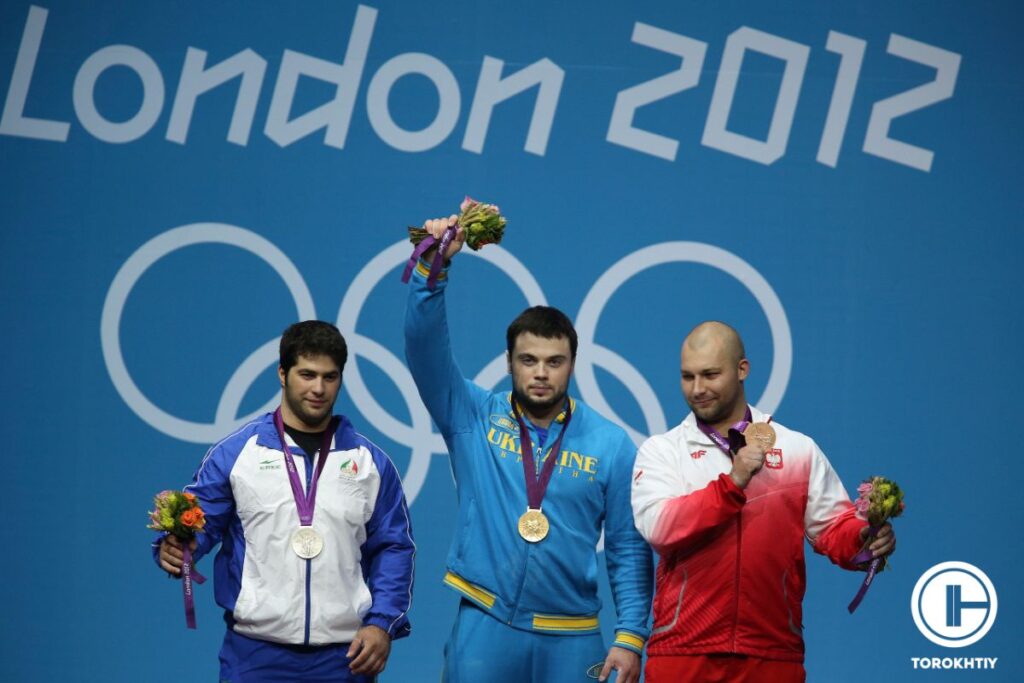
Mind the components of recovery that I mentioned before: have a good sleep, switch your attention, meaningfully analyze, make conclusions. What lessons the athlete learned from preparation and performance, what did he gain, what must be adopted or improved and what should be completely excluded.
Such moments are vital for athletes of any level and status – to comprehend things that work and things that don’t, what you like or dislike. And that’s why when I see that the training process is not enjoyed by all its participants I understand that something is completely wrong.
It is important to remember that there are many other directions for development besides the strength component. Weightlifting workout is not all about snatch and clean & jerk. A true athlete must evolve in harmony, both physically and psychologically.
Why Trust Us?
With over 20 years in Olympic weightlifting, strength training, nutrition coaching, and general fitness our team does its best to provide the audience with ultimate support and meet the needs and requirements of advanced athletes and professional lifters, as well as people who strive to open new opportunities and develop their physical capabilities with us.
By trusting the recommendations of our certified experts in coaching, nutrition, and sports training programming, as well as scientific consultants, and physiotherapists, we provide you with thorough, well-considered, and scientifically proven content. All the information given in the articles concerning workout programming, separate exercises, and athletic performance, in general, is based on verified data.
The product testing process is described in more detail here.
Author: Oleksiy Torokhtiy
Olympic Weightlifting Champion, PhD in Sport Science
Best Results: Snatch – 200 kg,
C&J – 240 kg
Oleksiy Torokhtiy is a professional athlete boasting 20 years of experience in Olympic weightlifting. With multiple European and World titles under his belt, he has showcased his prowess in two Olympic Games (Beijing 2008 and London 2012). Upon concluding his illustrious career, Oleksiy dedicated himself to coaching. By 2022, he had conducted over 200 weightlifting seminars worldwide. He is the visionary behind an international sportswear and accessories brand known for its motto, “Warm Body Cold Mind.” Additionally, he is an esteemed author and the creator of a series of training programs and eBooks.

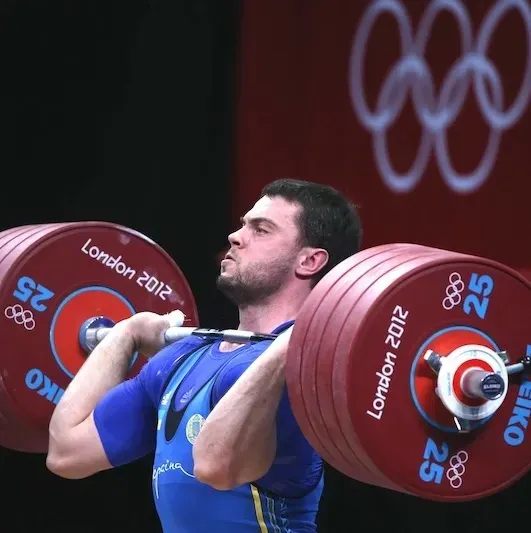

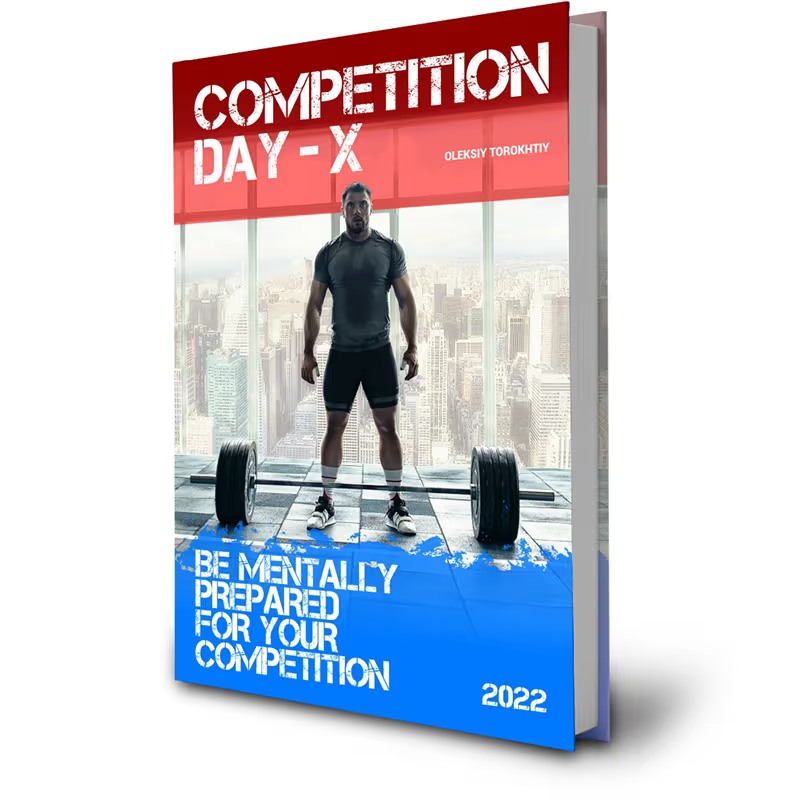
Still have questions after reading our article? Unlock your full potential by engaging with our experts and community! Don’t hesitate — leave a comment below and Oleksiy Torokhtiy will provide a personalized answer and insights to help you reach your goals.